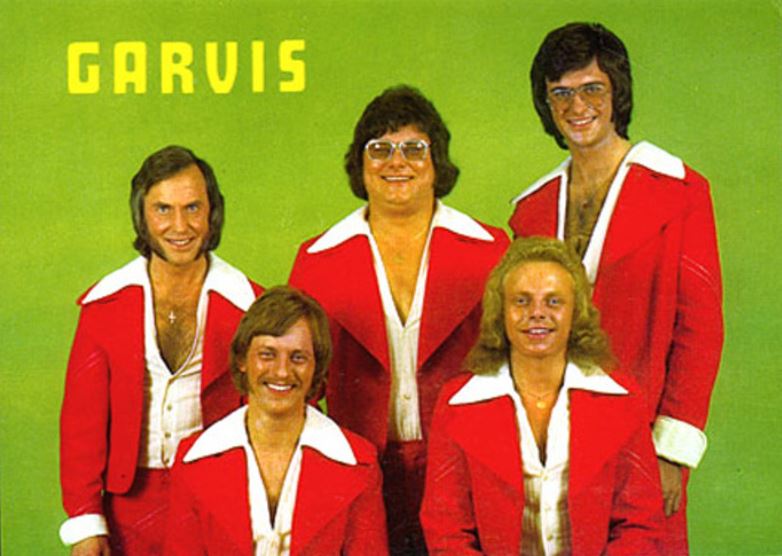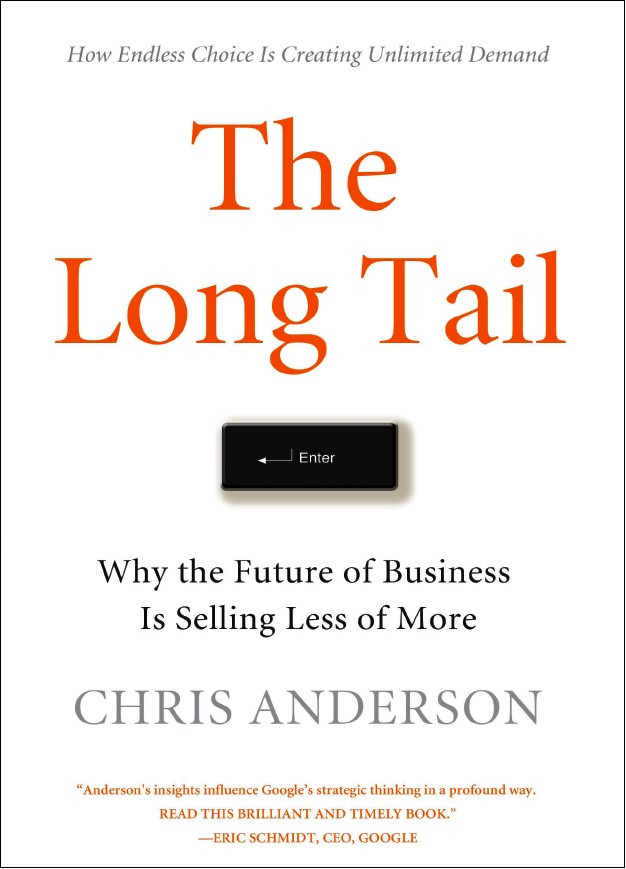“20 to 25% of the queries we see today, we have never seen before”
– Udi Manber, Google VP of Engineering
Until a few weeks ago I had no idea what long tail keywords were. I had merely assumed that they were lengthy phrases that people searched. As with almost every assumption that I’ve ever made, I was wrong.
Long tail keywords were named by a Chris Anderson, a a guy who wrote both an article and an entire book about them. His discovery made quite a stir back in 2004. I was 11 at the time and missed out on all the excitement.
I recently read through his old article and picked up a copy of the book as well. What I learned is that long tail keywords have nothing to do with actual length, but refer to the obscurity of the search. In the book they are compared to an obscure musician. While a band like Garvis might never have been a chart topper, they still sold albums and had a following. They had their own style and didn’t have to worry about constantly competing with others in order to stay relevant.

In layman’s terms, long tail keywords are micro niches. Realizing this, I decided to go back through 30 Days To X and look for any obscure keywords that I used. While the most common search I get is for Christy Mack, it brings in hundreds of people a day, most of the searchers don’t stay for long. On the other hand How to Write Action Adventure Novels, a review I wrote in 20 minutes before work one day, only gets a few searchers a week. However, that book is one of my most consistent sellers. While the audience is smaller, it draws in people who want to buy the product anyway. It’s the difference between a store with 10,000 window shoppers, and one with 100 paying customers.
If you have a blog or a website it’s tempting to make clickbait articles. You can write posts about Kim Kardashian smelling like old cheese or 10 reasons that you hate Justin Bieber, but it’s a flash in the pan. You’ll attract the BuzzFeed crowd who’ll look at the page for 30 seconds before wandering off to find kitten videos or some other drivel.
While I have my current week’s supply of Amazon For A Penny articles already written, I plan on choosing more obscure items in the future. There’s less competition and it’s easier to rank on Google.
